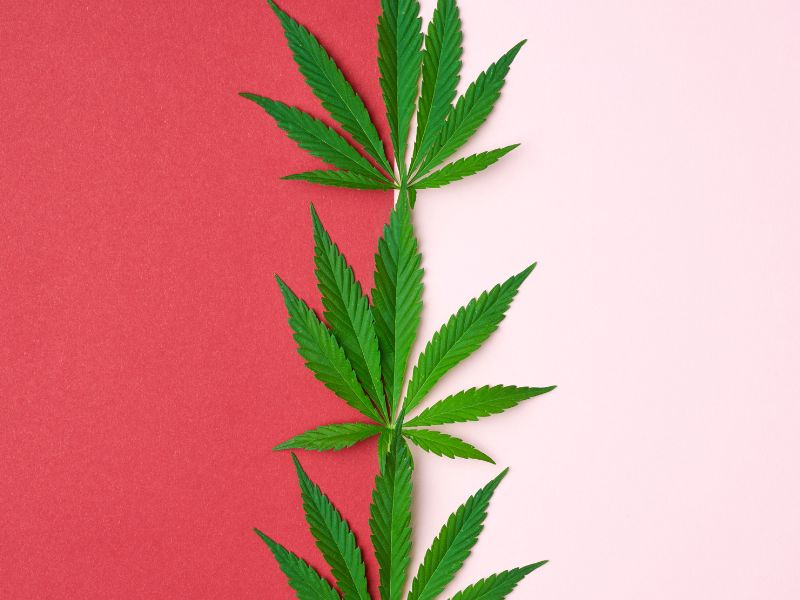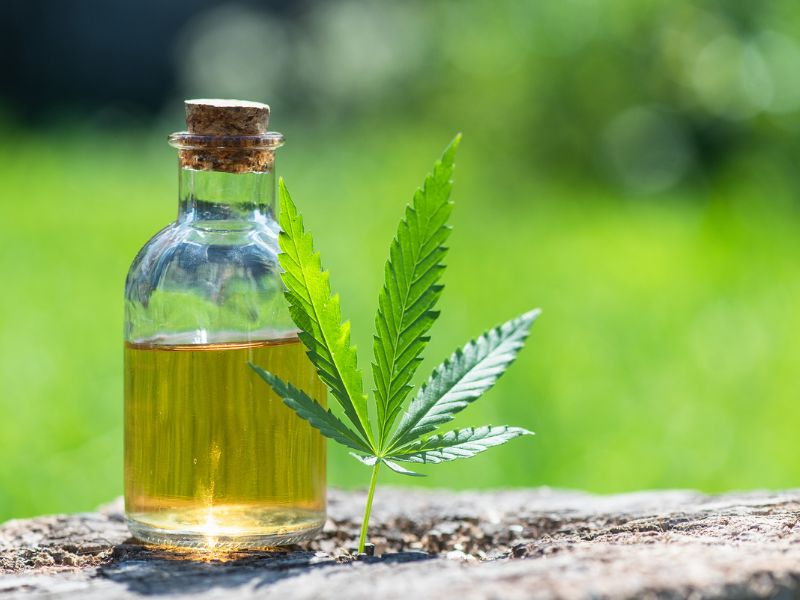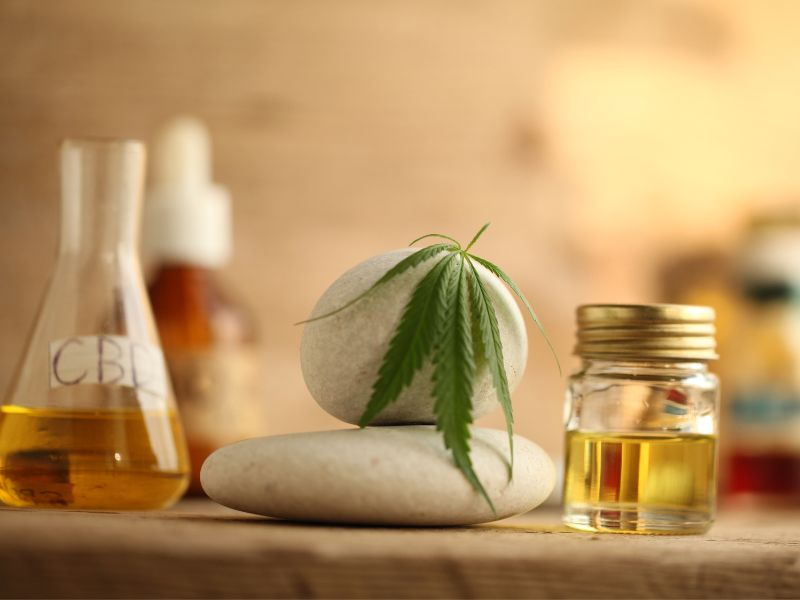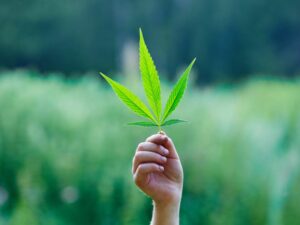
Recovery Reimagined: Using Cannabis for Post-Workout Muscle Recovery
In the pursuit of peak physical performance, the realm of fitness constantly seeks new avenues to optimize recovery and enhance muscle regeneration post workout. As


Common symptoms of anxiety can vary from person to person, but they often include:
It’s important to remember that anxiety symptoms can manifest in different ways for different people, and not everyone who experiences anxiety has an anxiety disorder. Anxiety is a normal emotion that most people experience in response to stress, while anxiety disorder is a mental health condition characterized by excessive and persistent anxiety that significantly impacts a person’s daily life. While anxiety is a natural response to stress and can be managed with healthy coping strategies, anxiety disorder usually requires professional help for diagnosis and treatment.
If you experience persistent or severe symptoms of anxiety, it’s important to seek professional help from a qualified mental health professional for evaluation, diagnosis, and appropriate treatment of anxiety disorders. However, for those looking for a therapeutic alternative to prescription drugs or other treatments to manage anxiety, CBD could be worth exploring further.

CBD, or cannabidiol, has gained attention for its potential therapeutic properties, including its potential use in managing anxiety and mood disorders.
The effectiveness of using CBD for treating anxiety can vary depending on individual factors. The optimal dosage, safety, and efficacy of CBD for anxiety are still being researched, and it’s crucial to consult with a qualified healthcare professional before starting or modifying any CBD regimen to relieve anxiety.
 There are several types of CBD products that may potentially help with anxiety and panic attacks. These include:
There are several types of CBD products that may potentially help with anxiety and panic attacks. These include:
If you are new to CBD or have any underlying health conditions or are taking medications, it’s always a good idea to consult with a qualified healthcare professional before starting any new supplement, including CBD. They can provide personalized dosage recommendations and help ensure CBD is safe and appropriate for you.

In the pursuit of peak physical performance, the realm of fitness constantly seeks new avenues to optimize recovery and enhance muscle regeneration post workout. As

In recent years, a notable trend has emerged within the cannabis industry: celebrities stepping into the spotlight as entrepreneurs and advocates for cannabis legalization. From

Introduction Microdosing THC (Delta-9-tetrahydrocannabinol), the primary psychoactive compound in cannabis, represents a nuanced approach to cannabis consumption, gaining traction for its promise of reaping therapeutic

Introduction to Cannabis Legalization in Ireland In recent years, the global landscape of cannabis legalization has undergone a seismic shift, with countries across the world
Protected by the United States Agriculture Improvement Act of 2018
FDA DISCLAIMER The statements made regarding these products have not been evaluated by the Food and Drug Administration. The efficacy of these products has not been confirmed by FDA-approved research. These products are not intended to diagnose, treat, cure or prevent any disease. All information presented here is not meant as a substitute for or alternative to information from health care practitioners. Please consult your health care professional about potential interactions or other possible complications before using any product. The Federal Food, Drug, and Cosmetic Act require this notice.
Puro Cannagars, LLC. requires all clients to follow local and federal regulatory guidelines as it pertains with the use and distribution of Delta 8 and all components within Puro Cannagar products. Purchasing from Puro Cannagars constitutes as agreeing to conducting own due diligence on Puro Cannagar products, and following local and federal guidelines on resale, use, and distribution of said products. If it is found that clients are involved in illegal activity, Puro Cannagars, LLC reserves the right to discontinue service without notice.